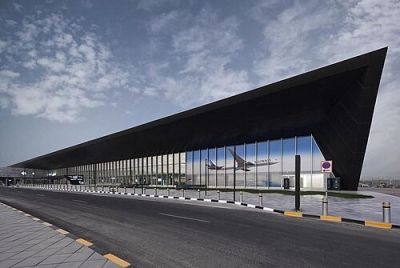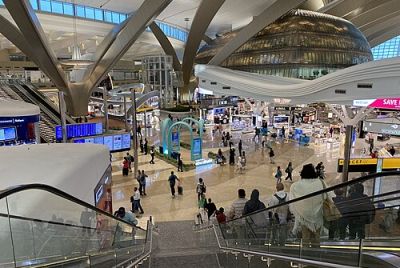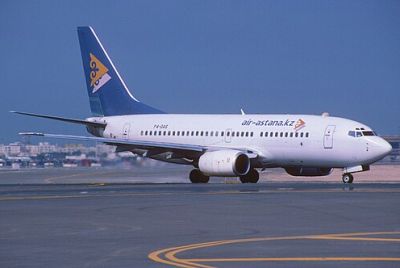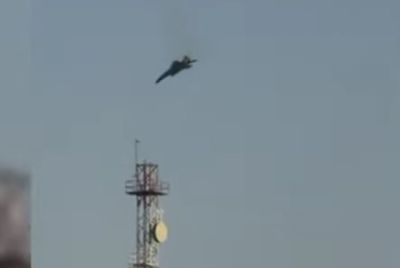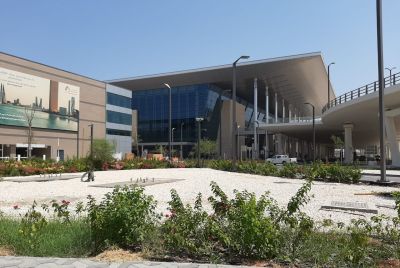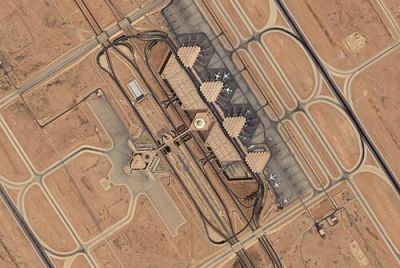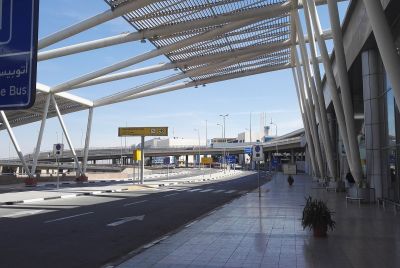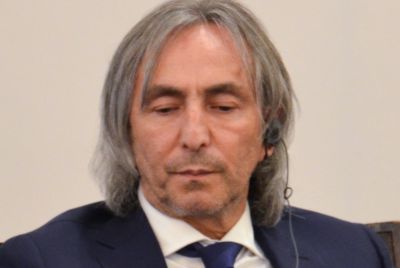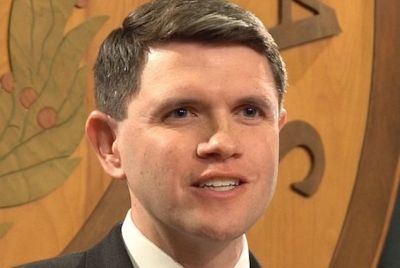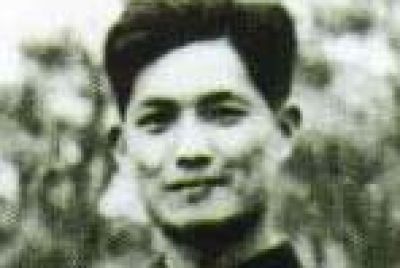WikiLeaks’ Julian Assange Runs to Ecuadorian Embassy in UK for Protection
WikiLeaks founder Julian Assange sought refuge late Tuesday on Ecuador's embassy in London, barely a week after the UK High Court had allowed the procedures for his extradition to Sweden to begin.
The high-profile Australian whistleblower immediately issued a statement, confirming that "I arrived at the Ecuadorian Embassy and sought diplomatic sanctuary and political asylum."
"I am grateful to the Ecuadorian ambassador and the government of Ecuador for considering my application," Mr Assange was reported as saying by The Sydney Morning Herald on Wednesday, affirming earlier reports that he's now under the protection of the Ecuadorian mission in London.
A statement issued by the Ecuadorian Embassy has indicated that Mr Assange was received by embassy officials at around afternoon, London time, at which time the latter signified his intention to seek protection of the South American government, perceived as a staunch critic of policies by the United States.
The embassy confirmed too that Mr Assange's application has been forwarded "to the relevant department in Quito," the country's capital.
BBC reported the Ecuadorian statement as saying that the embassy has decided to take Mr Assange's bid for asylum into serious consideration in accordance with the United Nations Universal Declaration for Human Rights, of which Ecuador is a signatory.
"We have an obligation to review all applications for asylum," BBC quoted the embassy statement as saying.
But embassy officials clarified too that Ecuador's actions should not be misconstrued as "interfering in the judicial processes of either the United Kingdom or Sweden."
Media reports have indicated that the former Aussie hacker was forced to ask for protection under Ecuador's wings to escape what he termed as political persecution being waged against him by the U.S. government following the waves of leaked diplomatic documents that WikiLeaks had released since last year that bared the views of U.S. diplomats stationed on various countries around the world.
Mr Assange claimed that the Swedish extradition case levelled against him, which was based on ongoing probes about rape accusations raised by two former WikiLeaks female volunteers, was mere cover for him to be legally brought to the United States, where he could face the death penalty for espionage and sedition charges.
To date though, no charges were formally brought against Mr Assange on any U.S. courts.
In a report by The Associated Press (AP), Ecuadorian Foreign Minister Ricardo Patino confirmed that his office received a letter from the Australian national outlining the latter's plea for protection.
Mr Assange reportedly claimed in his letter, which Mr Patino said was addressed to Ecuadorian President Rafael Correa, that returning to his homeland was out of the question as the Australian government would not "defend his minimum guarantees in front of any government."
Mr Patino revealed too that the Aussie appears fearful of being sent to "a foreign country that applies the death penalty for the crime of espionage and sedition," with Canberra no keen on providing him sufficient protection.
However, the Australian government dismissed Mr Assange's claims as Acting Prime Minister Wayne Swan insisted that federal authorities have so far extended all possible assistance to the beleaguered WikiLeaks chief.
"The Australian government is providing full assistance to Mr Assange. He has taken this decision for his own reasons but we will continue to provide assistance to him," Mr Swan told The Australian.
Also, Prime Minister Julia Gillard told reporters in Mexico, where she attends the ongoing G20 summit, that Mr Assange "received the benefit of full consular support and Australia will continue to support Mr Assange, just as we do support any Australian overseas who faces legal difficulties or dilemmas."
Ms Gillard also stressed that her government will definitely oppose extradition requests for any Australians who will be subjected to death penalty on any given countries.
"I am going to be very clear for any Australian, at any time, in any circumstances we oppose extradition for death penalty cases," the Prime Minister was reported by The Australian as saying on Wednesday.
But Greens Senator Scott Ludlam scored the government for not doing enough to protect an Australian citizen.
"What this latest move by Mr Assange shows is that he has no confidence in the willingness of the Australian Government to step in and protect him from prosecution by the U.S.," Senator Ludlam was reported as saying by the Australian Associated Press as saying on Wednesday morning.
He noted too that as confirmed by the U.S. ambassador to Australia, Mr Assange currently faces no standing warrant in the United States but stressed "it's not a warrant that we are concerned about ... it's an indictment for charges of espionage."
Senator Ludlam lamented that Mr Assange had to seek protection from a government besides that of Canberra, which "in itself is telling of the degree of neglect that he has been dealing with."
Also, in an interview with ABC, opposition foreign affairs spokesman Julie Bishop said that she was puzzled why Foreign Minister Bob Carr travelled to Libya to personally secure the early release of detained Aussie lawyer Melinda Taylor but could not do the same for Mr Assange.
"I think the Australian people will want to understand why it is that our political leaders will intervene in some cases and not others," Ms Bishop told ABC this morning.



